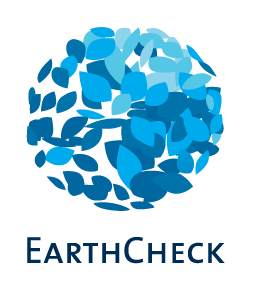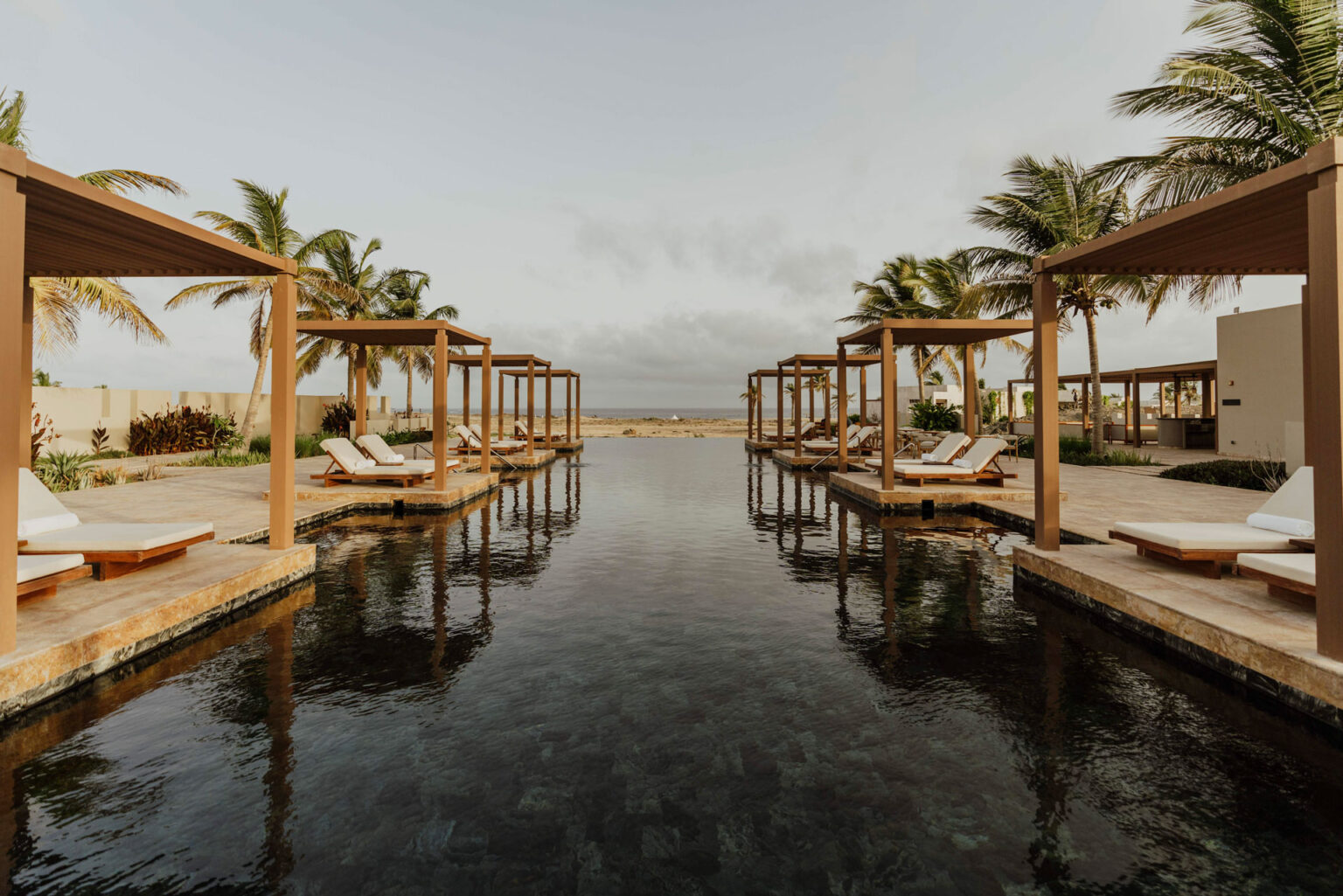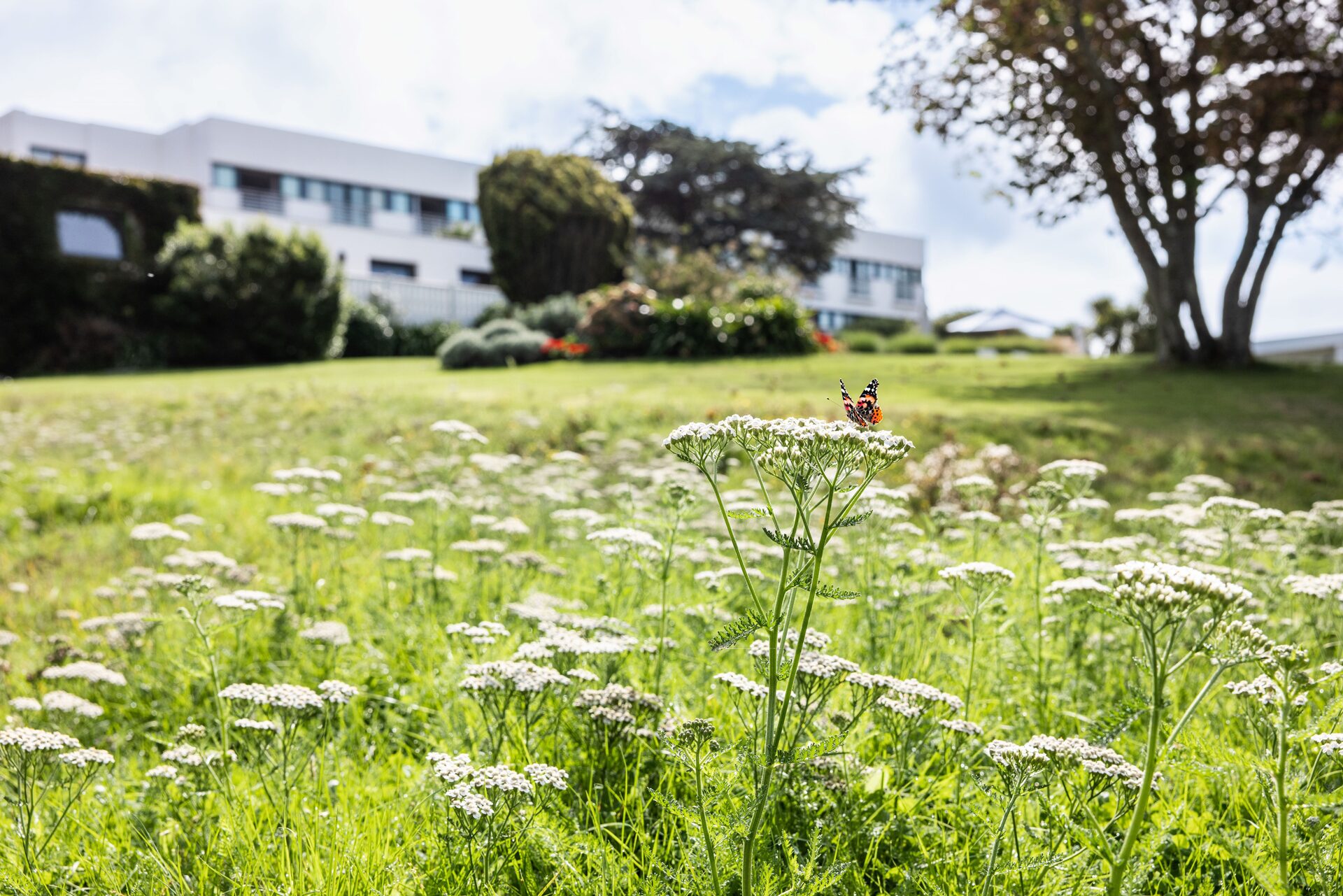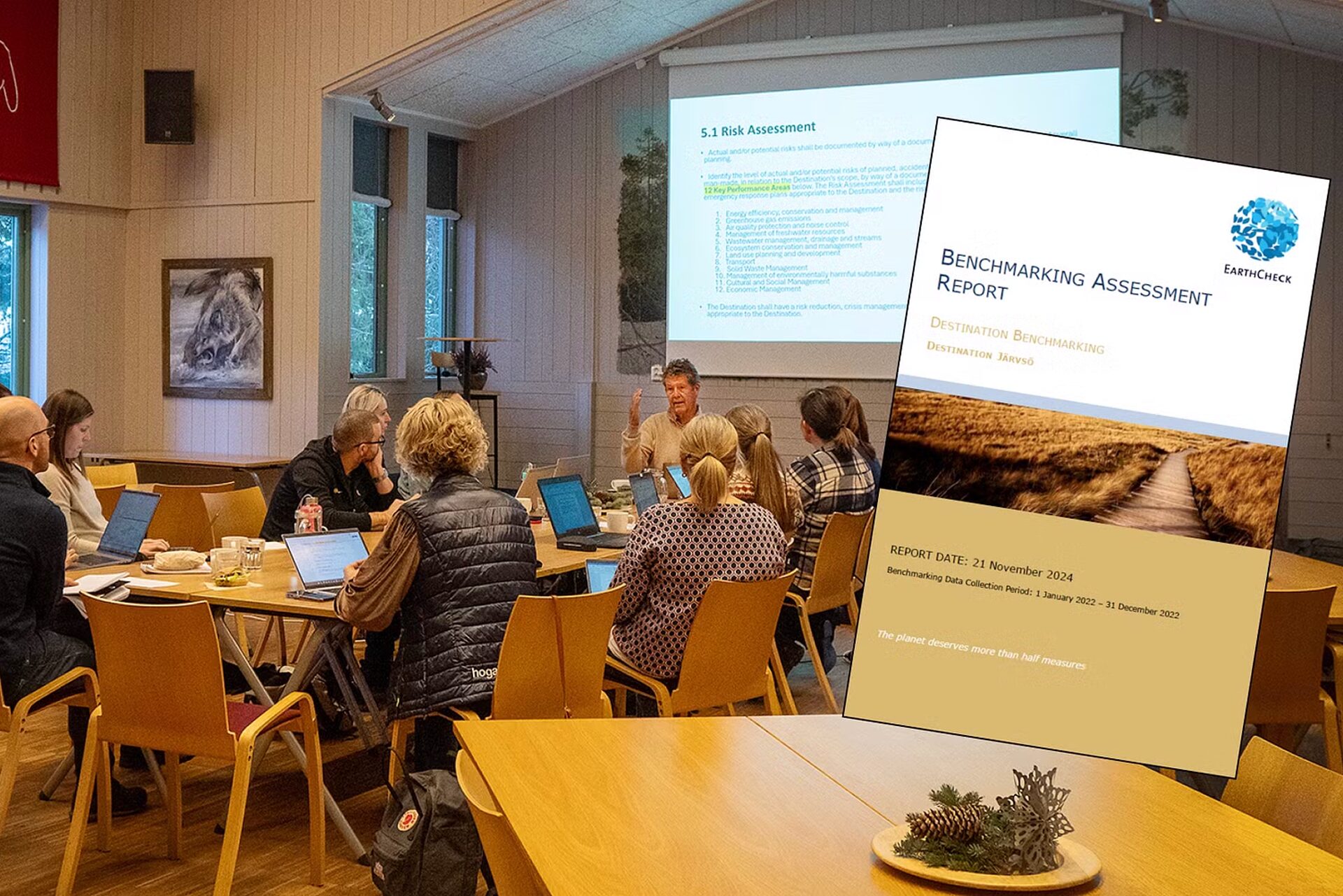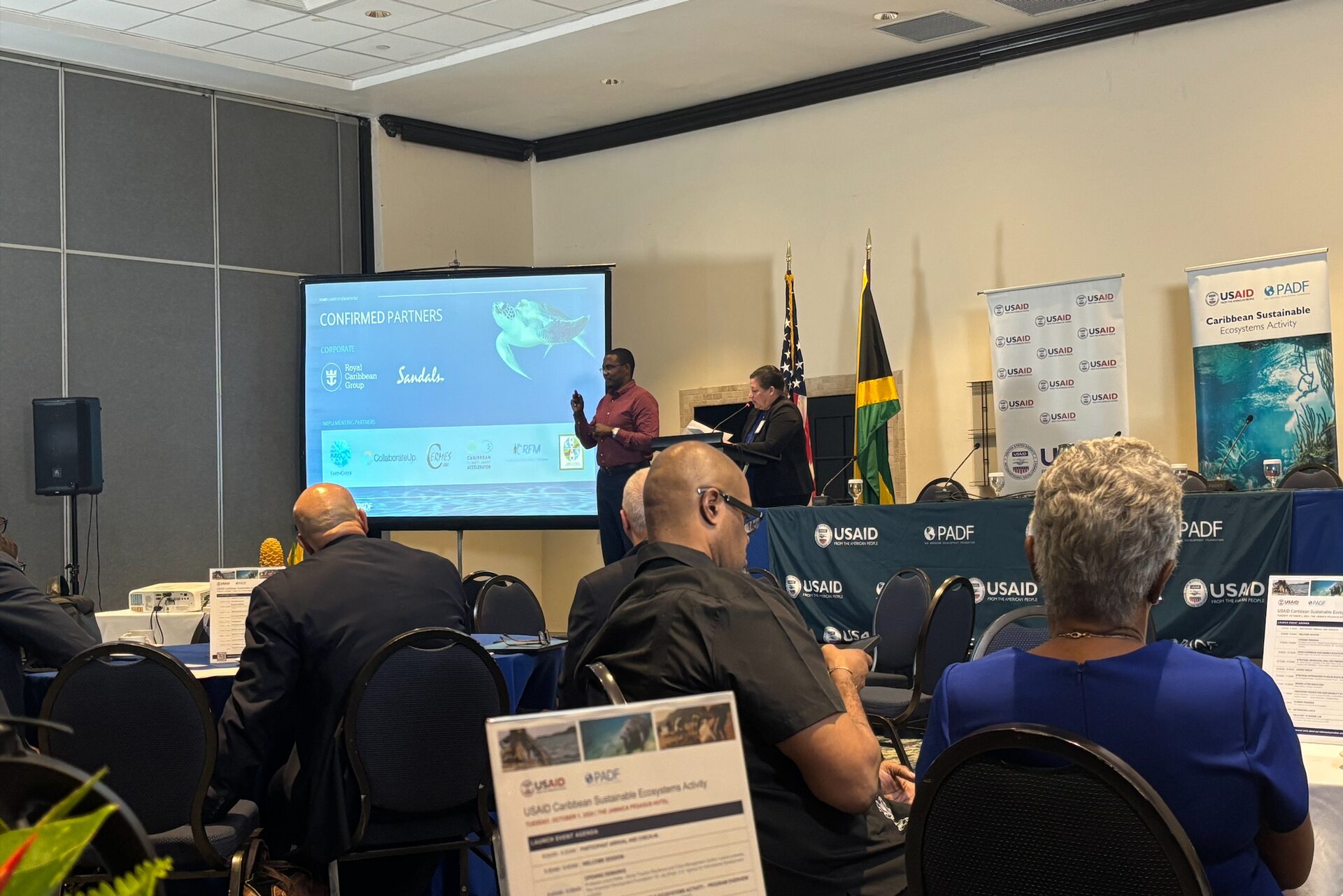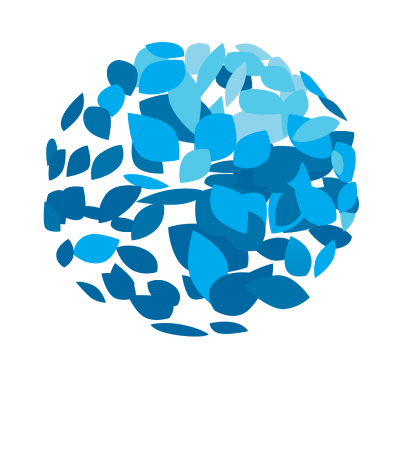Image credit: Alila Hinu Bay, Oman
With its hot and dry climate, and just one per cent of the world’s consumable water, the Gulf region and the wider Middle East is particularly vulnerable to the impacts of climate change.
The region is realising the significance of sustainability, however, and there has been considerable progress in recent years. The COP28 UN Climate Change Conference, held in the UAE in 2023, saw 118 countries – including Oman and the UAE – sign a pledge to triple the world’s renewable energy capacity by 2030, and double the annual rate of energy efficiency improvements every year to 2030.
The UAE, which declared 2023 the Year of Sustainability, has also committed to achieving net zero emissions by 2050, as has Oman. Saudi Arabia has committed to net zero emissions by 2060, and established the US$2.5 billion Middle East Green Initiative to increase regional cooperation to reduce emissions and meet global climate targets.
Business leaders in the Middle East are reporting that they are increasingly able to access green bank loans and green bonds, providing them with a powerful incentive to embed sustainability throughout their operations.
Increasingly conscious consumers are also calling on companies to prioritise sustainability – particularly in the tourism sector, where 83 per cent of travellers say that sustainable travel is important to them – and as a result, more and more Middle Eastern companies are publicising their own commitments and initiatives.
This increased interest in sustainability can only be seen as a good thing, but it also brings destinations and businesses making claims about their green credentials under more scrutiny.
Legislation is being introduced around the world to stop these acts of ‘greenwashing’, including the European Commission’s Green Claims Directive, which states that environmental claims can only be made if they meet minimum criteria and are independently verified by a third party assessment body. Similar greenwashing legislation is likely to spread to other jurisdictions.
While there is a growing will amongst companies and destinations in the Middle East to advance and verify their sustainability efforts, actually doing so presents challenges.
Nearly 80 per cent of respondents to PwC’s Sustainability in the Middle East 2024 survey identified knowledge of sustainability reporting and regulation requirements and frameworks as a core competency that will be critical to progressing and implementing their sustainability policies.
That’s why EarthCheck has an important role to play in the region. EarthCheck is the world’s leading scientific benchmarking and certification group for sustainable travel and tourism, and offers a range of sustainability advisory services.
Since its inception in 1987, EarthCheck has been instrumental in guiding tourism entities towards greater sustainability, with highly regarded certification programs that are not only recognised by discerning travellers, but also sought after by leading brands and destinations worldwide. EarthCheck currently works with governments, businesses and destinations in over 70 countries to deliver science-backed, strategic and sustainable outcomes.
EarthCheck plays an active role throughout the Gulf today, helping destinations and tourism operators in the region to achieve their sustainability goals and drive positive change for climate, the community and business.
Sustainable tourism operators
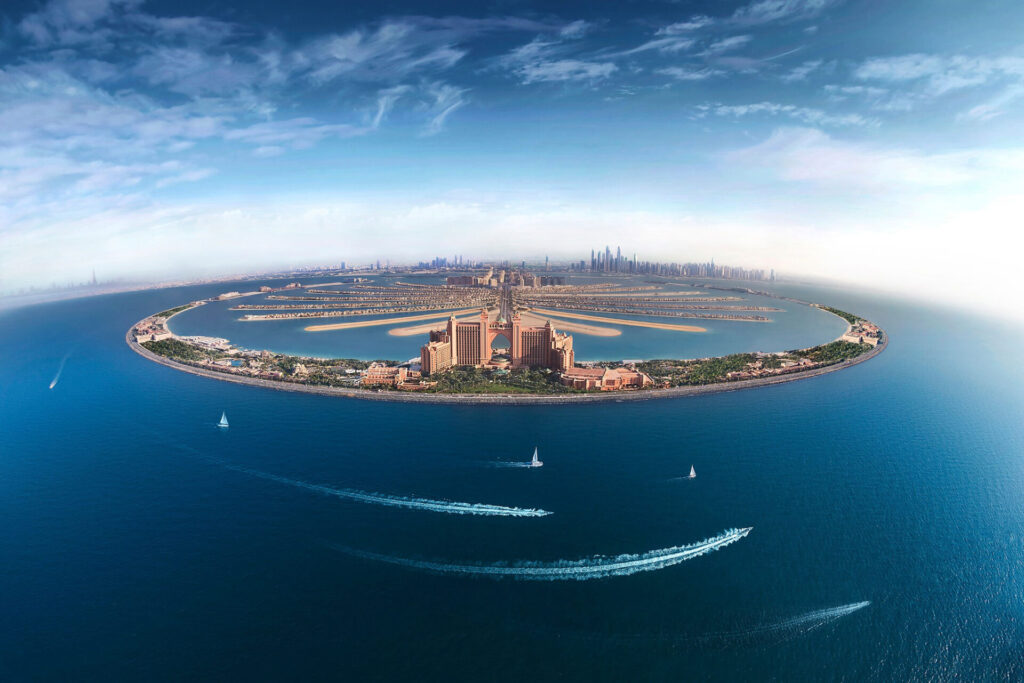
Kerzner International is a leading international developer and operator of destination resorts, ultra-luxury hotels and residences. From its head office in Dubai, Kerzner operates properties all over the world, including four of the UAE’s most renowned hotels – Atlantis Dubai; One&Only One Za’abeel; One&Only Royal Mirage Hotel; and One&Only The Palm.
In 2019, Kerzner engaged in a global partnership with EarthCheck, making membership in the EarthCheck Certified program mandatory across their entire portfolio. Members are expected to uphold stringent standards, maintaining and reporting on environmental, socio-cultural and economic indicators.
Through meticulous analysis and expert support, EarthCheck ensures these indicators not only meet international benchmarks, but are continually optimised. Regular independent audits reinforce this commitment, with EarthCheck’s certification seal signifying a scientifically supported and community-focused approach to sustainability.
Atlantis Dubai, for instance, has maintained EarthCheck Silver Certification for four years, with significant initiatives including an on-site water bottling plant; food waste reduction technology in all buffet restaurants; thousands of rooftop solar panels; and significant contributions to local and international marine conservation.
Tim Kelly, President of Atlantis Global, says the property now has its sights set on achieving EarthCheck Gold Certification, which requires five years of commitment to EarthCheck’s rigorous standards.
“Sustainability is a high priority of Atlantis Dubai, and to retain our Certified status in this field is something that we take very seriously,” he says. “We are incredibly proud to maintain EarthCheck Silver Certification for the fourth year, and we look forward to attaining Gold status. This accomplishment reflects our consistent dedication to both environmental and social sustainability practices, and our commitment to do business in ways that are good for both people and the planet.”
EarthCheck Certified properties in the Middle East include:
- Gold Certified
- Kempinski Residences & Suites Doha, Qatar (5 years)
- Marsa Malaz Kempinski The Pearl Doha, Qatar (5 years)
- Taj Dubai, UAE (7 years)
- Silver Certified
- Alila Hinu Bay, Oman (1 year)
- Alila Jabal Akhdar, Oman (4 years)
- Atlantis Dubai, UAE (4 years)
- Kempinski Al Othman Hotel, Saudi Arabia (3 years)
- Kempinski Hotel & Residences Palm Jumeirah, UAE (4 years)
- Kempinski Hotel Aqaba, Jordan (1 year)
- Kempinski Hotel Ishtar Dead Sea, Jordan (2 years)
- Kempinski Hotel Muscat, Oman (2 years)
- Kempinski Summerland Hotel & Resort Beirut, Lebanon (1 year)
- One&Only Royal Mirage Hotel, UAE (3 years)
- One&Only The Palm, UAE (3 years)
- Taj Exotica Resort and Spa The Palm Jumeirah, UAE (1 year)
- Taj Jumeirah Lake Towers Dubai, UAE (1 year)
- Benchmarked Bronze
- Bab Al Shams, A Rare Find Desert Resort, UAE
Learn more about how to verify your business’ commitment to sustainability with EarthCheck Certified.
Sustainable destinations
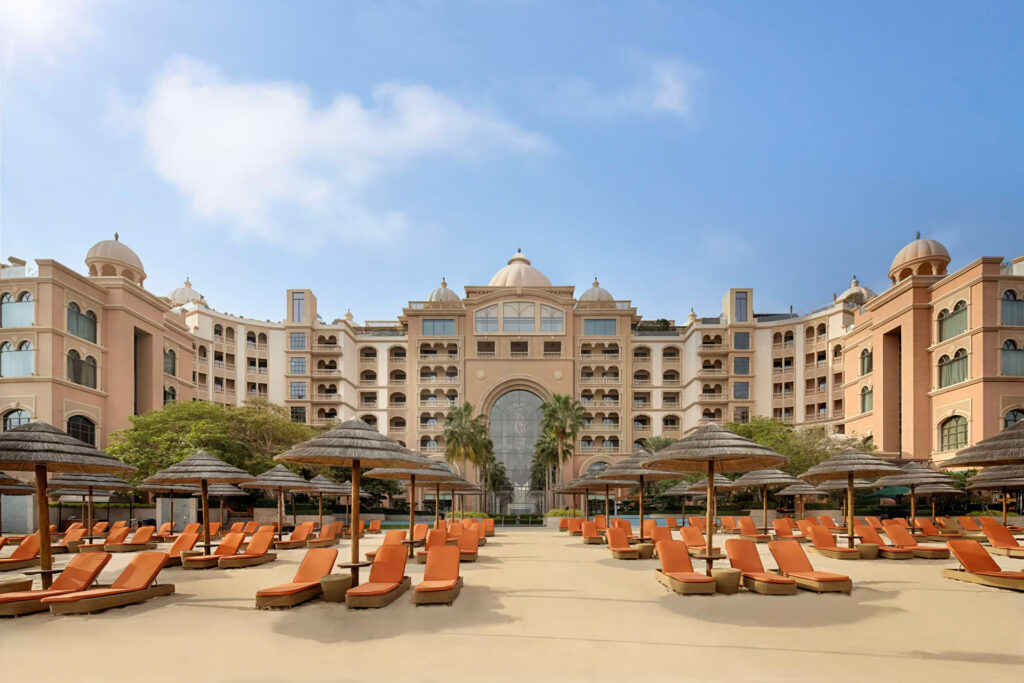
Located just 45 minutes from Dubai International Airport, Ras Al Khaimah – the northernmost Emirate of the United Arab Emirates – has been continuously inhabited for over 7,000 years, and boasts a vast array of historical sites.
The Ras Al Khaimah Tourism Development Authority (RAKTDA) aims to develop the emirate’s tourism infrastructure, and establish Ras Al Khaimah as a world-class destination for leisure and business travel, while creating sustainable investment opportunities, enhancing the quality of life for its residents, and ensuring its historic sense of place is maintained and protected.
That’s why RAKTDA partnered with EarthCheck to formulate an Environmental, Cultural, Social and Economic (ECSE) framework in 2022, bringing together the emirate’s key government and non-government stakeholders to develop an actionable pathway towards achieving EarthCheck Sustainable Destinations certification – the sustainability certification used by the world’s leading destinations.
In keeping with EarthCheck’s science-backed and people-focused sustainability certification process, the destination was meticulously benchmarked against globally recognised criteria, including:
- Energy efficiency conservation and management
- Greenhouse gas emissions
- Air quality protection
- Freshwater resources management
- Wastewater management
- Ecosystem conservation and management
- Transport
- Solid waste management
- Cultural and social management
- Economic management
After benchmarking, Ras Al Khaimah was awarded EarthCheck Sustainable Destinations Bronze status in March 2023.
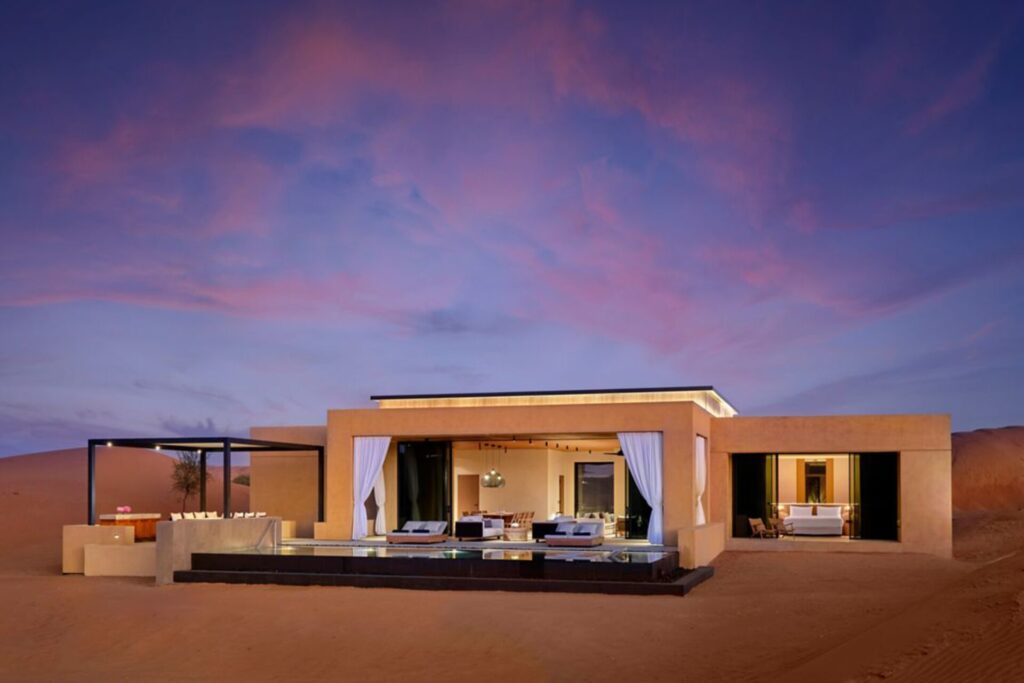
Sustainability audits for Silver Certification began in May, and were completed in September. This involved extensive on-site assessments, documentation reviews, and comprehensive interactions with personnel from a range of key stakeholders in the region.
In October, Ras Al Khaimah was awarded EarthCheck Sustainable Destinations Silver Certification, making the emirate the first destination in the Middle East to earn this level of recognition.
RAKTDA Chief Executive Officer Raki Phillips says achieving EarthCheck Sustainable Destinations certification reinforces the emirate’s ambition to become the UAE’s and the region’s sustainable tourism leader by 2025.
“This landmark achievement amplifies our commitment to sustainable, balanced, and purpose-driven tourism industry growth,” he says.
EarthCheck founder and Chief Executive Officer Stewart Moore says Ras Al Khaimah’s Silver Certification will bolster and enhance its tourism industry and its business operators locally.
“The destination management commitments and sustainable tourism guidelines not only provide a strategic framework to drive and foster action across the community and industry, but they position Ras Al Khaimah as a regional leader in sustainable tourism,” he said.
“Embracing sustainable principles will ensure that Ras Al Khaimah’s unique environment and rich culture can be both fostered and protected as the tourism industry continues to grow.”
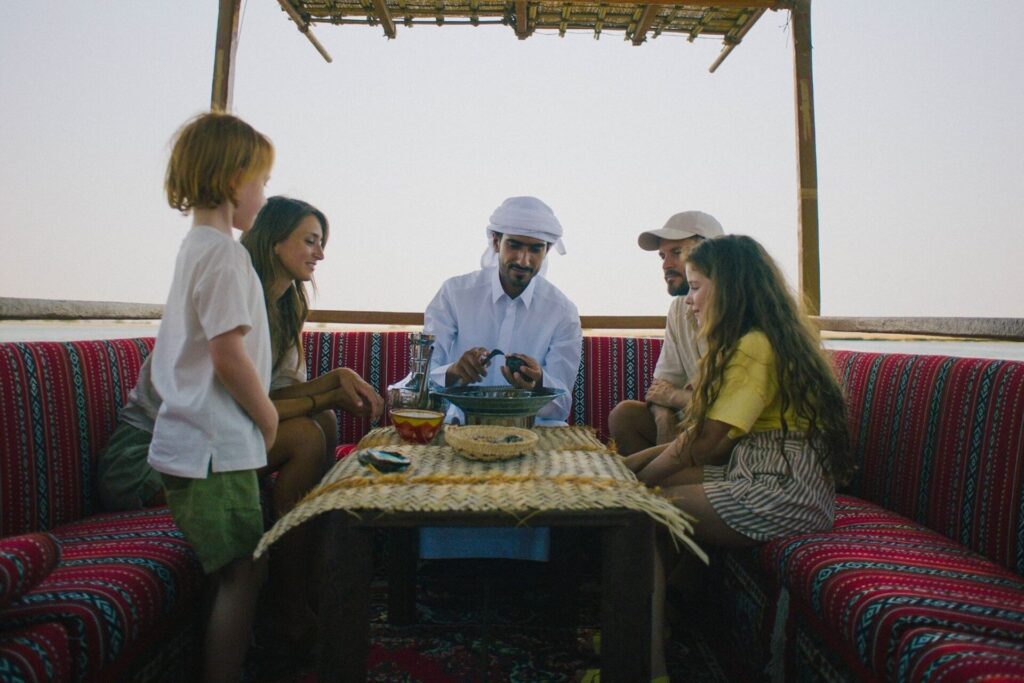
EarthCheck is also working with RAKTDA to drive up sustainability standards among its leading hotels and experiences. The Responsible RAK powered by EarthCheck program is designed to help tourism businesses attain an internationally recognised sustainability certification. To date, more than 20 tourism businesses in Ras Al Khaimah, ranging from attractions to hotels, have been awarded Certified Silver status.
- Silver Certified
- BM Beach Hotel
- BM Beach Resort
- DoubleTree by Hilton Ras Al Khaimah
- Doubletree by Hilton Resort and Spa Marjan Island
- Hampton by Hilton Marjan Island
- InterContinental Ras Al Khaimah
- Mangrove Hotel RAK
- Movenpick Resort Marjan Island
- Pullman Resort Al Marjan Island
- Radisson Resort Ras Al Khaimah Marjan Island LLC
- RAK Leisure
- Ras Al Khaimah Tourism Development Authority
- RIXOS Bab Al Bahr
- Safarak Travel and Tourism
- The Cove Rotana Resort
- The Ritz Carlton Al Hamra Beach Resort
- The Ritz Carlton Ras Al Khaimah, Al Wadi Desert
- Waldorf Astoria Ras Al Khaimah
- Benchmarked Bronze
- Jannah Hotel Apartments and Villas
- Suwaidi Pearls
- Committed
- Adventurati Outdoor
- Al Hamra Residence
- Al Hamra Village Hotel
- Anantara Mina Al Arab Ras Al Khaimah Resort
- NIRVANA Retreat
- RAK Hospitalty Holding
- Ras Al Khaimah Hotel
Learn more about EarthCheck’s Sustainable Destinations program.
Sustainability reporting
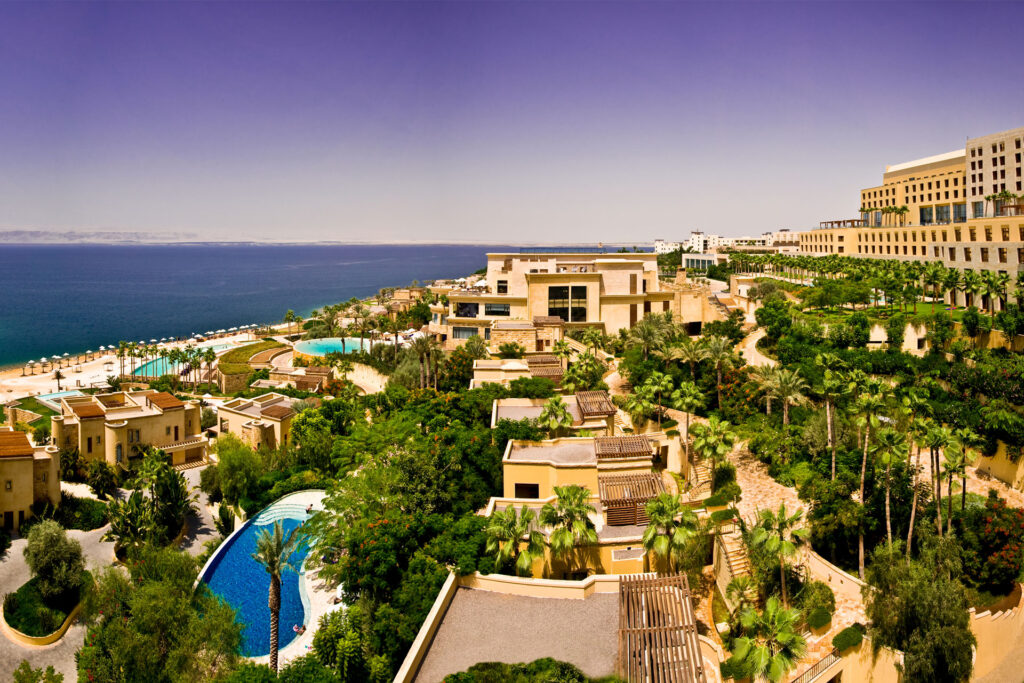
Regulators around the world are putting increasing pressure on organisations to produce data-backed and comprehensive ESG (environmental, social and governance) reports, encompassing their non-financial performance in areas such as climate action, decarbonisation, resource use, labour practices and corporate ethics.
In the Middle East, sustainability reporting remains largely voluntary – at least for now. But even companies headquartered in the Middle East can still be impacted if they’re trading with jurisdictions where sustainability reporting is mandatory. The European Union’s Corporate Sustainability Reporting Directive (CSRD), for instance, requires both EU and non-EU companies with activities in the EU to file annual ESG reports, prepared in accordance with European Sustainability Reporting Standards (ESRS), alongside their financial statements.
And regardless of whether or not ESG reporting is legally mandated in a given jurisdiction, there is a growing body of stakeholders who recognise ESG issues as material, financial, commercial, legal and reputational risks (and assets) that should be managed and reported on. Green funds, including the Middle East Green Initiative administered by Saudi Arabia, also use these ESG criteria to determine how they allocate their funds.
Dr Steve Newman, EarthCheck’s Chief Sustainability Officer, acknowledges that reporting ESG performance for the first time can be daunting.
“Getting the ball rolling is often the hardest part,” he says. “That’s why we’ve developed targeted offerings to help organisations navigate the complexities of each of the three ESG pillars, wherever they are on their sustainability journey – from understanding and prioritising the issues that are material to their organisation, to setting targets and developing tangible, actionable strategies to achieve meaningful progress on climate action and the United Nations Sustainable Development Goals.”
EarthCheck’s experts can help your organisation to measure and track its ESG performance, and translate that performance into clear, transparent and impact-oriented reports that align with globally recognised reporting frameworks and sustainability standards, including the CSRD, ESRS, Global Reporting Initiative (GRI), Sustainability Accounting Standards Board (SASB), International Sustainability Standards Board (ISSB) and more.
Luxury hotel group Kempinski – the owners of several EarthCheck Certified properties in Jordan, Lebanon, Oman, Qatar, Saudi Arabia and the UAE – work with EarthCheck to prepare their company-wide ESG reports. The most recent report, released in 2024, highlights the group’s significant reductions in energy use and emissions; advancements in water conservation; and commitment to diversity and employee development.
Barbara Muckermann, CEO of Kempinski Group, says these reports aren’t just about satisfying expectations – they also help to drive positive change throughout the business.
“As a global luxury hotel operator, Kempinski places sustainability at its heart, carefully considering our impact on the communities in which we operate,” she says. “While there is a guest expectation and a business responsibility to report our findings through our latest ESG Report, we are also driven by moral and ethical imperatives to look after our people and our planet.
“The progress made over the last three years since the inception of Kempinski’s Sustainability Committee is tremendous, however, we recognize there is still much work to be done. We will continue to embed sustainability into every area of our company and drive positive change for all properties across the globe and throughout the hospitality industry at large.”
Anne Marie Bettex-Baars, Kempinski’s ESG lead, says EarthCheck’s help has been crucial to the preparation of the company’s ESG reports.
“I am extremely grateful for the expertise and structure that EarthCheck has provided,” she says. “EarthCheck has put us in the best possible position to produce these reports, because they know exactly what’s required, and they understand the hospitality sector.”
Learn more about EarthCheck’s ESG services.
Ultimately, EarthCheck’s Stewart Moore says that sustainability is a journey, not a destination – but the sooner tourism destinations and operators in the Middle East begin that journey, the sooner they’ll start to see the benefits.
“Committing to sustainable practices involves a continuous process of improvement, adaptation, and innovation,” he says. “Each step taken towards sustainability, whether through reducing carbon emissions, minimising waste, or investing in renewable energy, contributes to the health of our planet. But this commitment also translates into tangible business benefits, such as enhanced brand reputation, increased customer loyalty, and long-term cost savings.
“Businesses that prioritise sustainability are better positioned to navigate regulatory changes, mitigate risks associated with environmental impacts, and attract environmentally conscious investors. Embracing sustainability fosters a culture of responsibility and resilience, driving companies to continually seek new ways to improve their operations and reduce their footprint.
“By making sustainability a core part of their strategy, businesses in the Middle East not only help preserve their environment for future generations – but they also pave the way for their own sustainable growth and profitability.”
